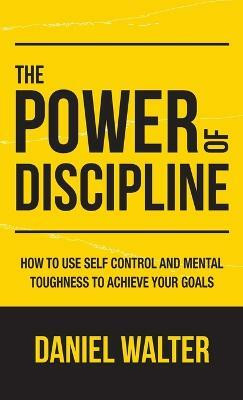
IGNOU CPI 101 Consumer and Consumer Protection Legislations | Guess Paper | Important Question Answer |Certificate in Consumer Protection (CCP) (Paperback, BMA Publication)
Share
IGNOU CPI 101 Consumer and Consumer Protection Legislations | Guess Paper | Important Question Answer |Certificate in Consumer Protection (CCP) (Paperback, BMA Publication)
इस प्रोडक्ट पर राय देने वाले पहले व्यक्ति बने
ख़ास कीमत
₹252
₹399
36% off
आपके लिए कूपन
T&C
उपलब्ध ऑफ़र
T&C
T&C
T&C
T&C
Delivery
Check
Enter pincode
डिलीवरी8 सितंबर, सोमवार
?
अगर 7:59 AM से पहले ऑर्डर किया गया
जानकारी देखें
Highlights
- Binding: Paperback
- Publisher: BMA Publication
- ISBN: 9789127505315
- Edition: Latest, 2024
- Pages: 80
सर्विस
- कैश ऑन डिलीवरी उपलब्ध?
Seller
जानकारी
Introduction to Consumer Rights: Learners are introduced to the concept of consumer rights, including the right to safety, the right to information, the right to choice, the right to be heard, and the right to redressal. They understand the significance of consumer rights in ensuring fair and ethical trade practices.
Consumer Protection Laws: The course covers major consumer protection laws in India, such as the Consumer Protection Act, 2019, which aims to provide speedy and effective redressal to consumer grievances. Learners explore the provisions of these laws, including consumer rights, responsibilities, and remedies available in case of violations.
Consumer Awareness and Education: There is likely a focus on raising consumer awareness and education about their rights and responsibilities. Learners understand the importance of informed decision-making, product labeling, and consumer advocacy in promoting consumer welfare.
Role of Regulatory Authorities: The course may examine the role of regulatory authorities, such as consumer courts, consumer forums, and consumer protection councils, in enforcing consumer protection laws and resolving consumer disputes. Learners understand the procedures for filing complaints and seeking redressal through these channels.
Consumer Complaint Redressal Mechanisms: Learners are familiarized with the various mechanisms available for resolving consumer complaints, including alternative dispute resolution (ADR) methods such as mediation and arbitration. They understand the advantages and limitations of each mechanism.
Market Practices and Consumer Rights Violations: The course may analyze common market practices that violate consumer rights, such as unfair trade practices, misleading advertisements, adulteration, and counterfeit products. Learners learn how to identify and report such violations.
Ethical Considerations: There could be discussions on ethical considerations in consumer transactions, including issues related to transparency, honesty, and integrity in business practices. Learners reflect on the ethical responsibilities of consumers, producers, and sellers in maintaining fair trade practices.
Read More
Specifications
Book Details
| Publication Year |
|
| Book Type |
|
| Exam |
|
| Number of Pages |
|
| Net Quantity |
|
University Books Details
| Stream |
|
| Degree/Diploma |
|
| Specialization |
|
Additional Features
| Age Group |
|
Safe and Secure Payments.Easy returns.100% Authentic products.
Back to top




